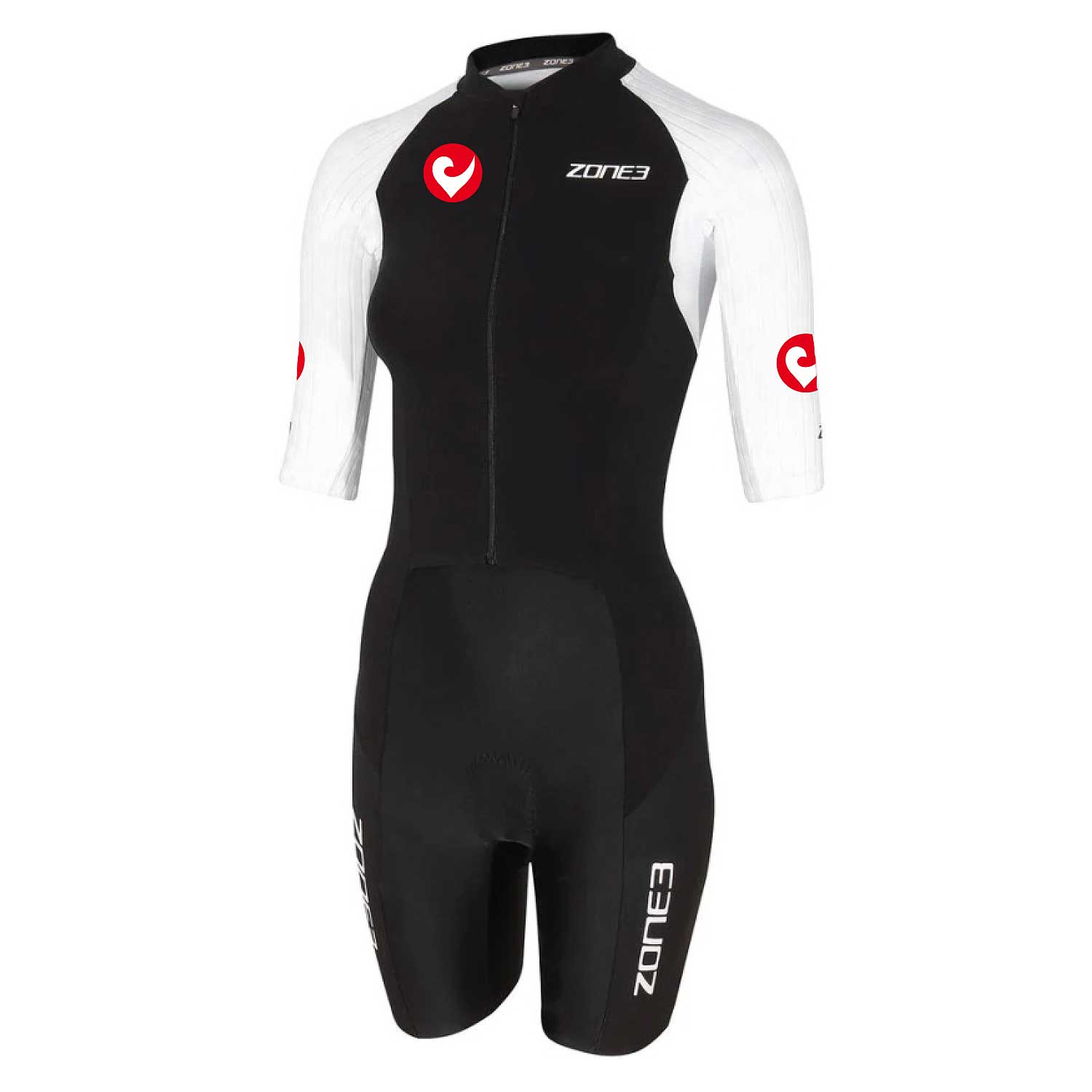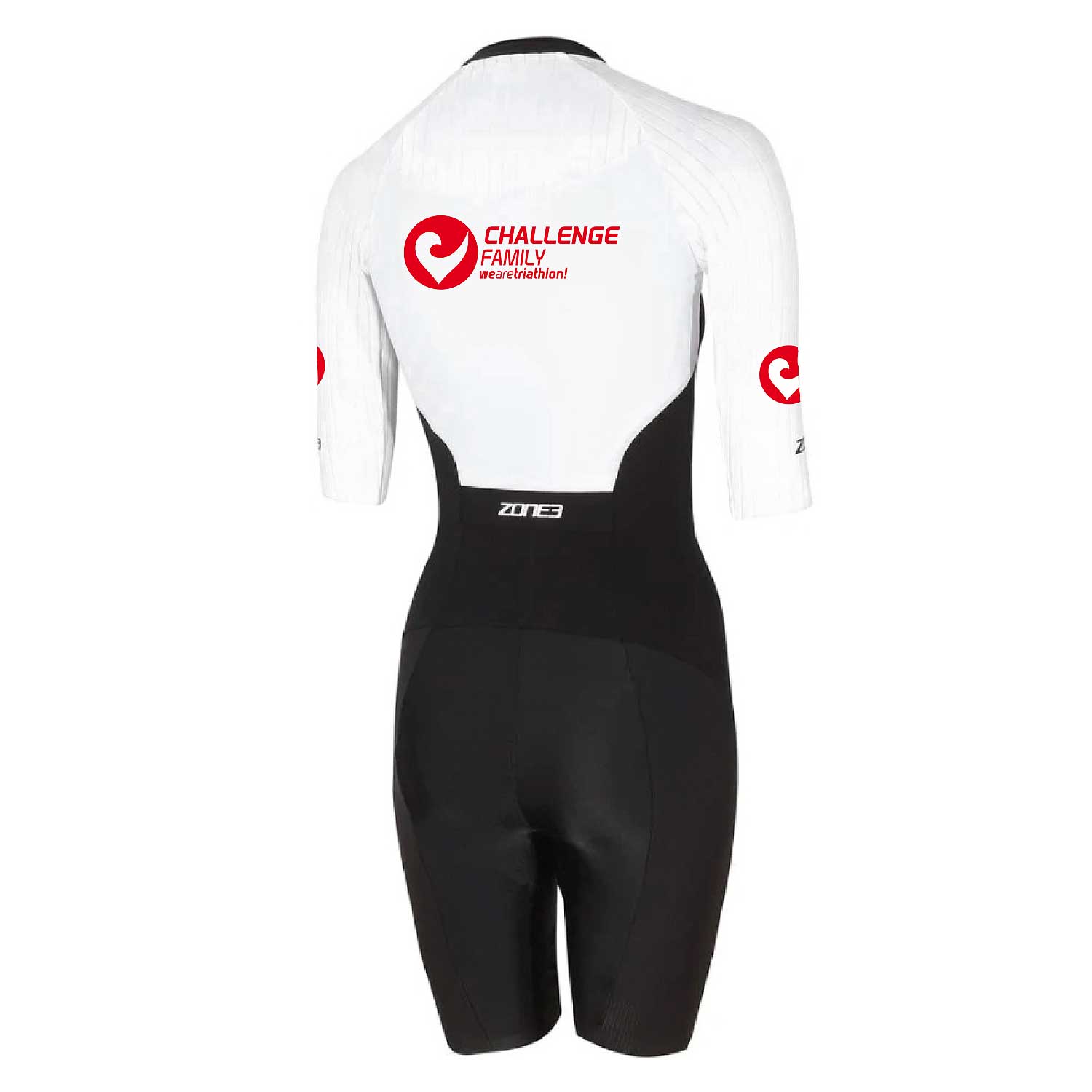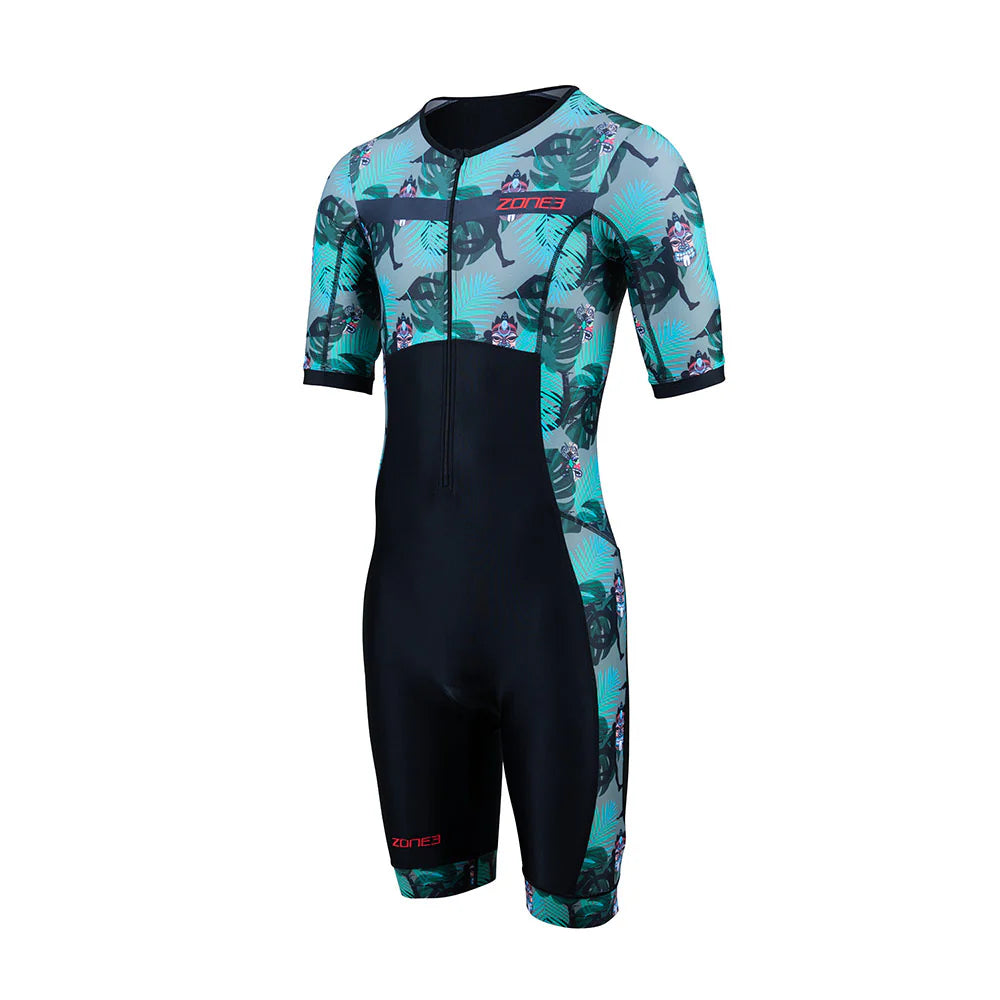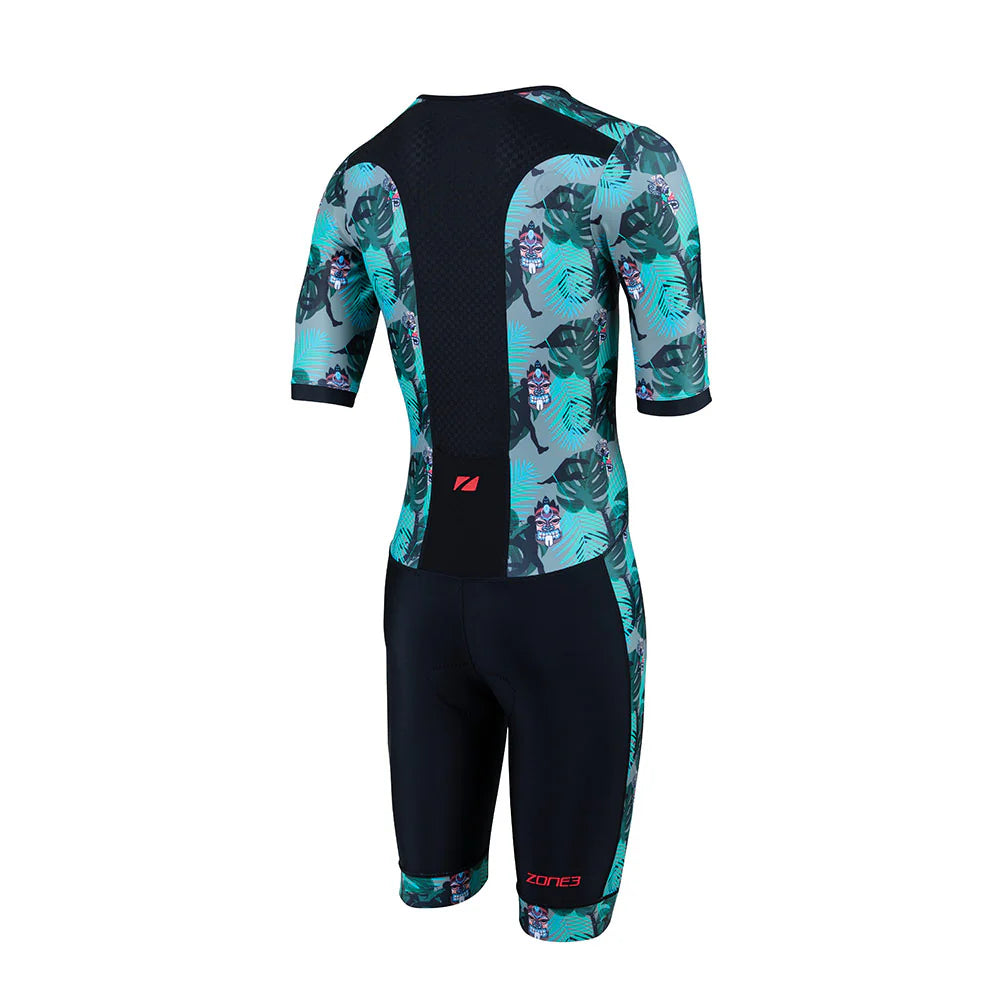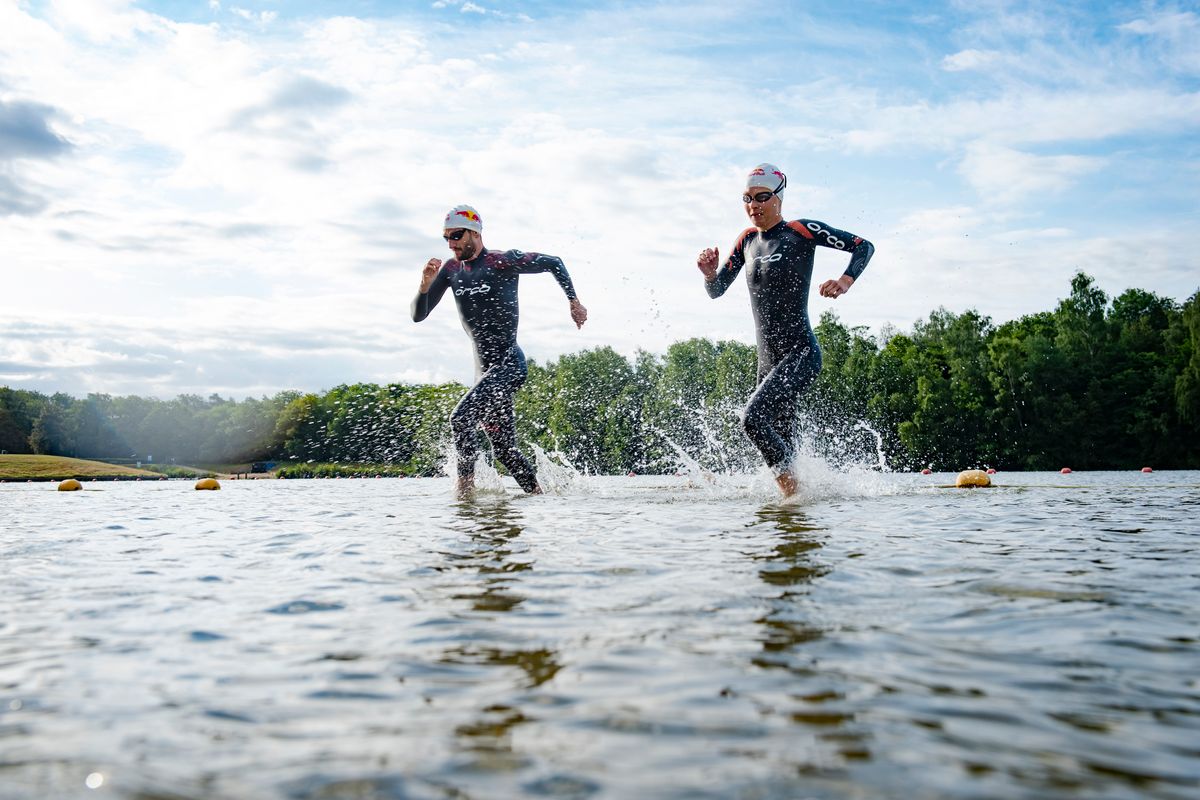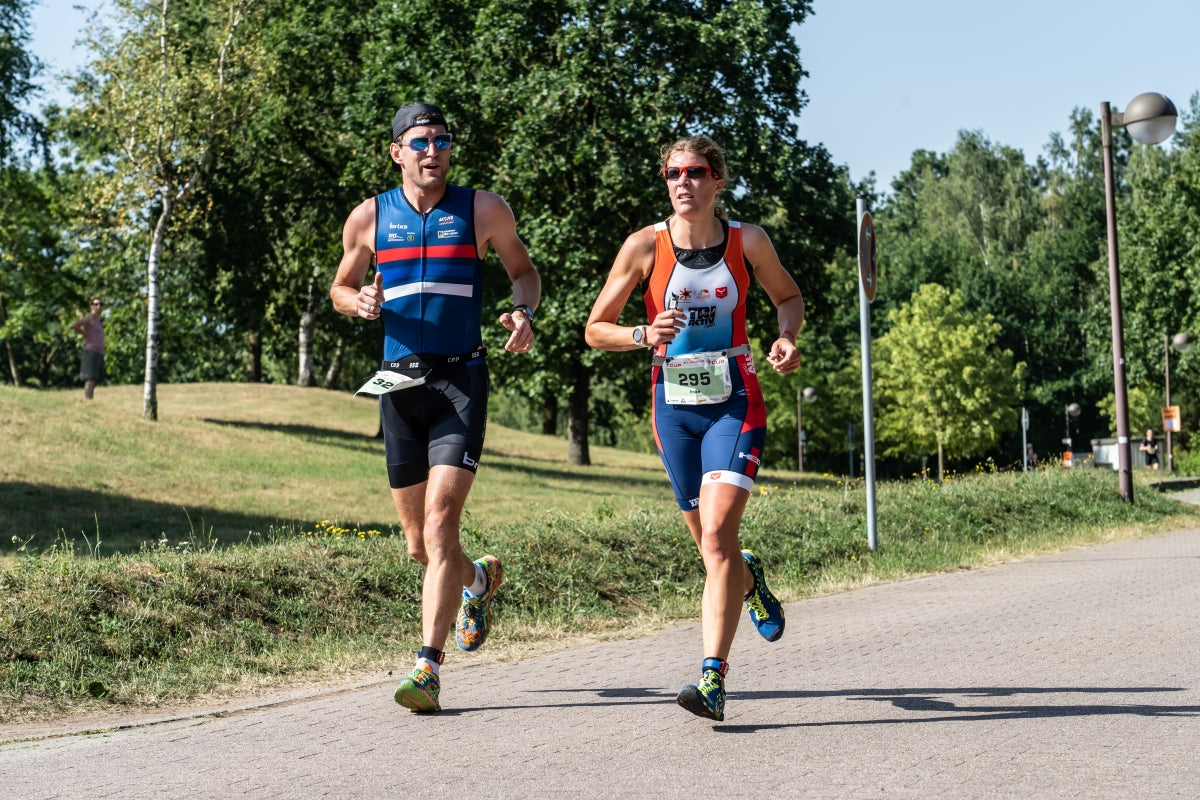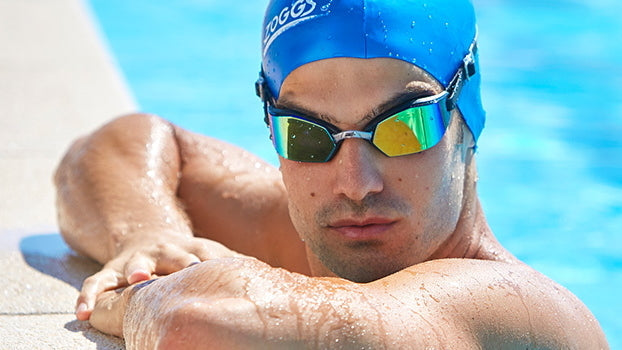Who doesn't know it - it usually starts with a tickling and burning sensation in the nose, followed by the urge to sneeze, which ultimately ends in a runny and blocked nose. The viruses settle particularly easily on a previously damaged nasal mucosa, as can be the case, for example, with dry room air or hypothermia. In the following, expert Manuela Ahr answers the most frequently asked questions about colds and sports.
1. Is it true that a cold comes three days, stays three days and goes three days?
A cold usually lasts seven to ten days. It usually starts with a useless cold, followed by a sore throat and finally a cough.
2. Can I shorten this period?
An old medical rule is: A cold lasts 14 days without medication and two weeks with medication. This means that the course of the disease cannot really be shortened, only the symptoms can be alleviated with medication.
3. Can I do sports with a cold?
Nothing is worse for a triathlete to be told not to exercise. In principle, rest should be part of the training plan, but light training units in the basic endurance area can be completed depending on how you feel. This also applies to swimming training, by the way, but don't forget your hat for afterwards.
4. Can/should I use nasal sprays or drops? How long should I use this at most?
Nasal sprays only have a short-term effect, but they dry out the mucous membranes so that prolonged use can lead to nosebleeds, itching and dependence. Nasal sprays should only be used for two to three days, for example to make it easier to fall asleep. A clear nose with nasal sprays should never hide the actual state of the disease.
5. Are "menthol flavored" handkerchiefs any good?
It's a nice side thing if the handkerchiefs smell of menthol, but it doesn't change the course of the disease.
6. What does inhaling bring?
Inhaling is a good thing for loosening mucus. There are some agents on the market that are intended as an additive for inhaling, but hot water with salt (one tablespoon of salt in one liter of water) is completely sufficient for inhaling.
7. What causes a cold?
Cold is a viral disease. In the specific case, rhinoviruses and adenoviruses are responsible for the onset of the disease.
8. Can you get infected and through what?
The incubation period (time from infection to onset of the disease) is a few hours to a few days. Transmission occurs via droplet infection, i.e. sneezing, coughing and kissing.
9. Pulling your nose up... what are the consequences?
Due to the high pressure when blowing your nose, the mucus can be pressed into the paranasal sinuses. This can be the trigger for a sinus infection. Frequent blowing of the nose also leads to a red, inflamed nose. Therefore, it is often better to pull up the mucus.
10. Are there different types of colds and courses?
In addition to the acute cold, the allergic cold is one of the most common types of cold. The allergic cold depends on the time and duration of the pollen flight.
11. What helps if one nostril is completely blocked?
In this case, use the other hole in your nose to breathe.
12. Which nasal sprays make sense?
Seawater nasal sprays are the most useful. They have a moisturizing and slightly rinsing effect.
13. Is a nasal douche also useful for a cold?
A nasal douche can be used for the symptomatic treatment of a cold. A physiological NaCl solution (saline solution) or rinsing with water at different temperatures should be used for this.
14. Is there such a thing as a swimmer's cold?
A swimmer's cold is caused by irritation of the nasal mucous membranes by the chlorine. It can lead to a stuffy nose or strong urge to sneeze.







